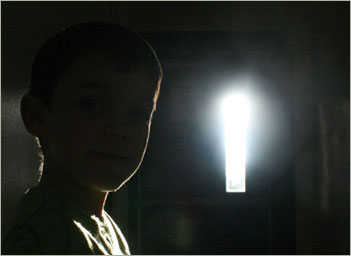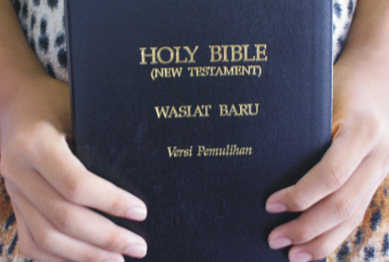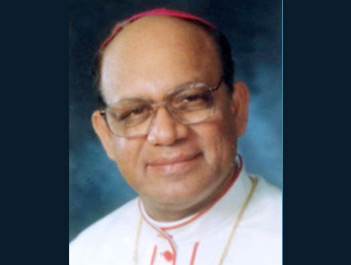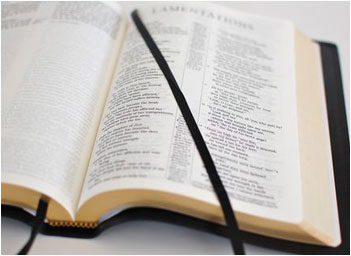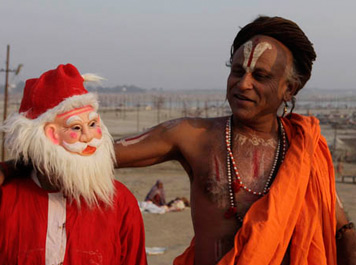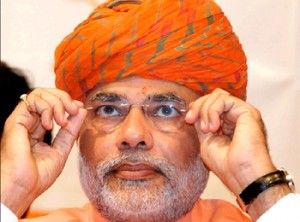 Prime Minister Narendra Modi has been criticised for condemning the Palm Sunday attacks on churches in Egypt but failing to condemn attacks in his own country.
Prime Minister Narendra Modi has been criticised for condemning the Palm Sunday attacks on churches in Egypt but failing to condemn attacks in his own country.
On the same day that two churches were bombed in Egypt, five churches in India – in five different states – were targeted.
Church groups have called for extra security to be provided for churches in the run-up to Easter, and for the perpetrators to be brought to justice.
“Prime Minister Narendra Modi condemned the Egypt bombings but is not bothered about the blunt intimidation and assaults on Christians under his care,” Rev. Roger Gaikwad, general secretary of the National Council of Churches in India, told World Watch Monitor.
“Modi as usual wants to maintain a good international image. Such a statement [condemning attacks in Egypt] also bolsters the stereotype of Muslims as terrorists and Christians as people who are attacked because their proselytising activities are inviting problems for themselves.”
The Evangelical Fellowship of India released a statement today (11 April), in which it criticised the “targeting of Christians on special days of worship, such as Palm Sunday” as “condemnable”.
“We urge the respective state governments and the central [federal] government to not only take note of these violations, but also to take action to curtail the non-state actors who function with impunity,” the statement read.
“It is important, especially now as we are in the Passion Week, for, going by the trends so far, it seems the incidents may escalate during Good Friday and Easter. It does not reflect well on the world’s largest democracy, if incidents like these continue to hound religious minorities.
“We also request that the state machinery be held accountable and responsible for enforcing the rule of law, so that minorities can live in peace and without fear,”
Four of the five states in which the incidents took place are ruled by the Hindu-nationalist BJP – Modi’s party. Meanwhile, so-called “anti-conversion laws” – which on the face of it protect against forced conversions but in reality discriminate against minority groups by forbidding them from any evangelism – are in force in the central state of Madhya Pradesh, where one attack took place, while they are also soon likely to be introduced in the western state of Rajasthan, where another incident occurred. Such laws also used to be in force in another of the affected states – the southern state of Tamil Nadu – but were repealed after the ruling party lost all its parliamentary seats.
The National Council of Churches in India said the sudden spurt in anti-Christian violence is a “signal” that Hindu nationalist groups like the BJP and RSS “are going to use the communal card in the most blatant way” – by teaching majority-Hindus that minorities like Christians and Muslims present a threat to the Hindu nation.
Activist John Dayal added: “The rash of violence against Christians, disrupting Palm Sunday prayers, speaks of a heightened impunity, and, we suspect, a more direct collusion of police and local authorities.”
The article originally appeared here.








